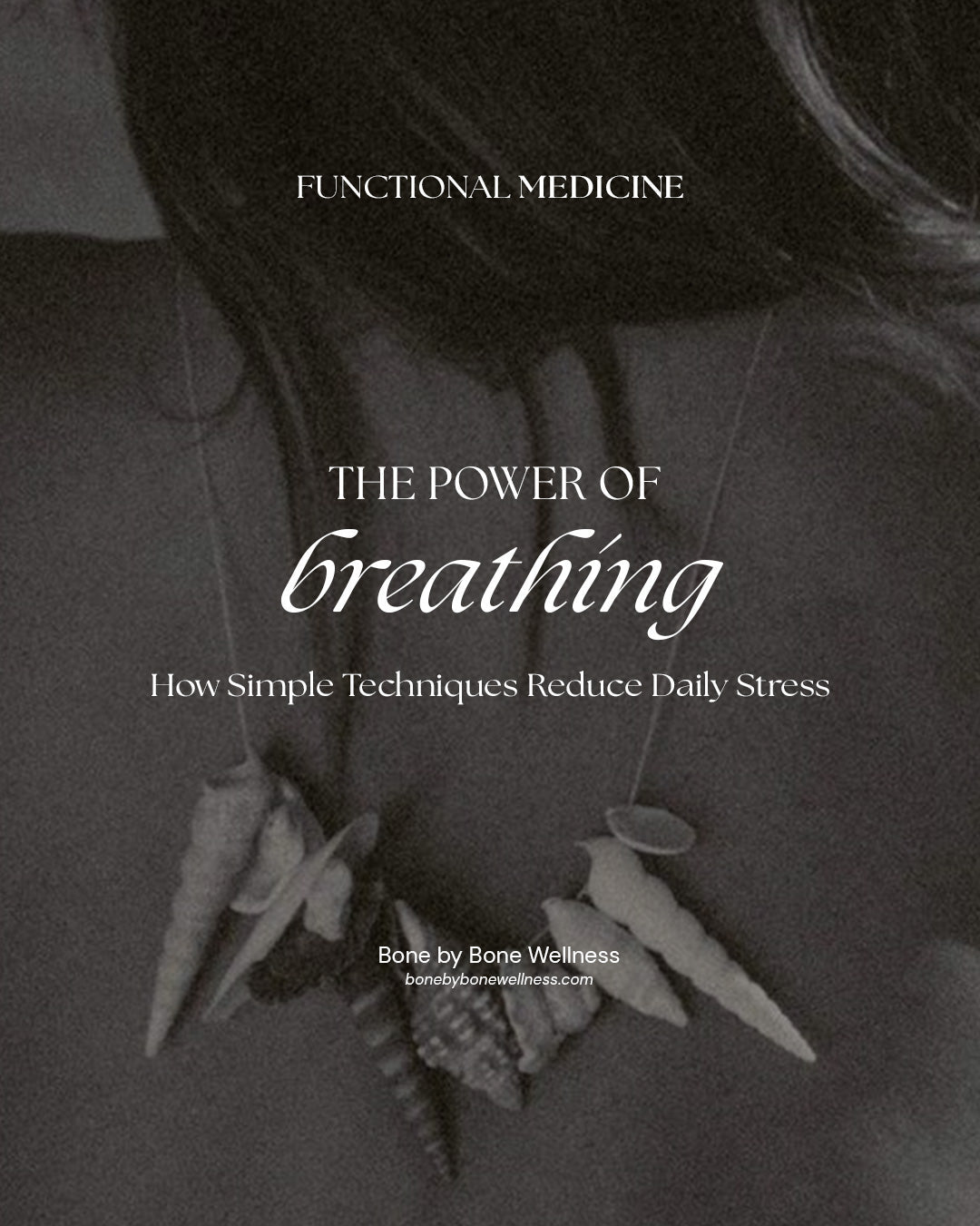
The Power of Breathing: How Simple Techniques Reduce Daily Stress
In our fast-paced world, stress often feels like an unavoidable part of life. However, one of the most effective and accessible tools to manage stress is something we do every day without much thought: breathing. Breathing exercises can significantly reduce stress, foster relaxation, and help create a sense of groundedness. Understanding the mind-body connection is key to appreciating how and why these techniques work.
The Mind-Body Connection and Stress
The mind and body are deeply intertwined, constantly communicating through complex networks of nerves, hormones, and other biochemical signals. When we perceive stress—whether from an external situation or internal worry—the brain activates the "fight-or-flight" response. This survival mechanism triggers the release of stress hormones like cortisol and adrenaline, leading to increased heart rate, shallow breathing, and heightened alertness.
While this response can be beneficial in short bursts, prolonged activation often leads to chronic stress, which negatively impacts physical and mental health. Here's where the mind-body connection comes into play: just as the brain can signal the body to react to stress, the body can signal the brain to calm down. Breathing is one of the most direct ways to influence this feedback loop.
How Breathing Exercises Work
Intentional breathing techniques leverage the parasympathetic nervous system, also known as the "rest and digest" system, to counteract the stress response. Slow, deep breathing sends signals to the brain that the body is safe, triggering a relaxation response. This shift reduces stress hormones, slows the heart rate, and promotes a sense of calm.
The Role of Breathing in Grounding
Grounding is the practice of reconnecting to the present moment, often through physical sensations. When stress causes the mind to race with worries about the past or future, grounding techniques help anchor us in the "now." Breathing exercises are especially effective for grounding because they provide an immediate, tangible focus.
By consciously observing and controlling the breath, you create a mindful moment, breaking the cycle of anxious thoughts. This focused awareness enhances the connection between body and mind, fostering a sense of stability and control even in challenging situations.
Effective Breathing Techniques for Stress Reduction
-
Diaphragmatic (Belly) Breathing
- Sit or lie down in a comfortable position.
- Place one hand on your chest and the other on your abdomen.
- Inhale deeply through your nose, ensuring your abdomen rises while your chest stays still.
- Exhale slowly through your mouth.
- Repeat for 5–10 minutes to activate the relaxation response.
-
Box Breathing
- Inhale through your nose for a count of four.
- Hold your breath for a count of four.
- Exhale through your mouth for a count of four.
- Hold your breath again for a count of four.
- Repeat the cycle for several minutes to promote calmness and focus.
-
4-7-8 Breathing
- Inhale through your nose for a count of four.
- Hold your breath for a count of seven.
- Exhale slowly through your mouth for a count of eight.
- This technique helps reduce anxiety and prepare the body for sleep.
-
Alternate Nostril Breathing (Nadi Shodhana)
- Sit comfortably and close your right nostril with your thumb.
- Inhale deeply through your left nostril.
- Close your left nostril with your ring finger and release your thumb from the right nostril.
- Exhale through your right nostril.
- Repeat, alternating nostrils for 3–5 minutes for balance and relaxation.
Breathing as a Lifelong Stress Management Tool
Incorporating breathing exercises into your daily routine doesn’t just reduce stress in the moment—it can also build resilience over time. Regular practice strengthens your ability to remain calm under pressure, improves focus, and enhances overall well-being. By reconnecting with the simple act of breathing, you create a powerful tool for self-care.
In a world where stress seems inevitable, mastering the art of conscious breathing is a gentle yet profound way to reclaim your calm, center your mind, and ground yourself in the present. So take a moment, inhale deeply, and exhale slowly—you already have everything you need to start your journey to greater peace.